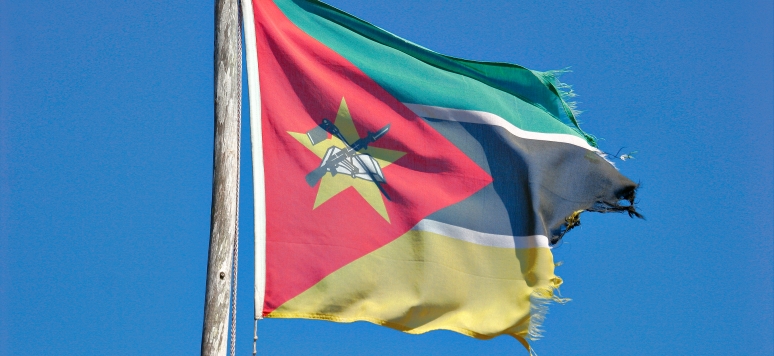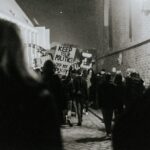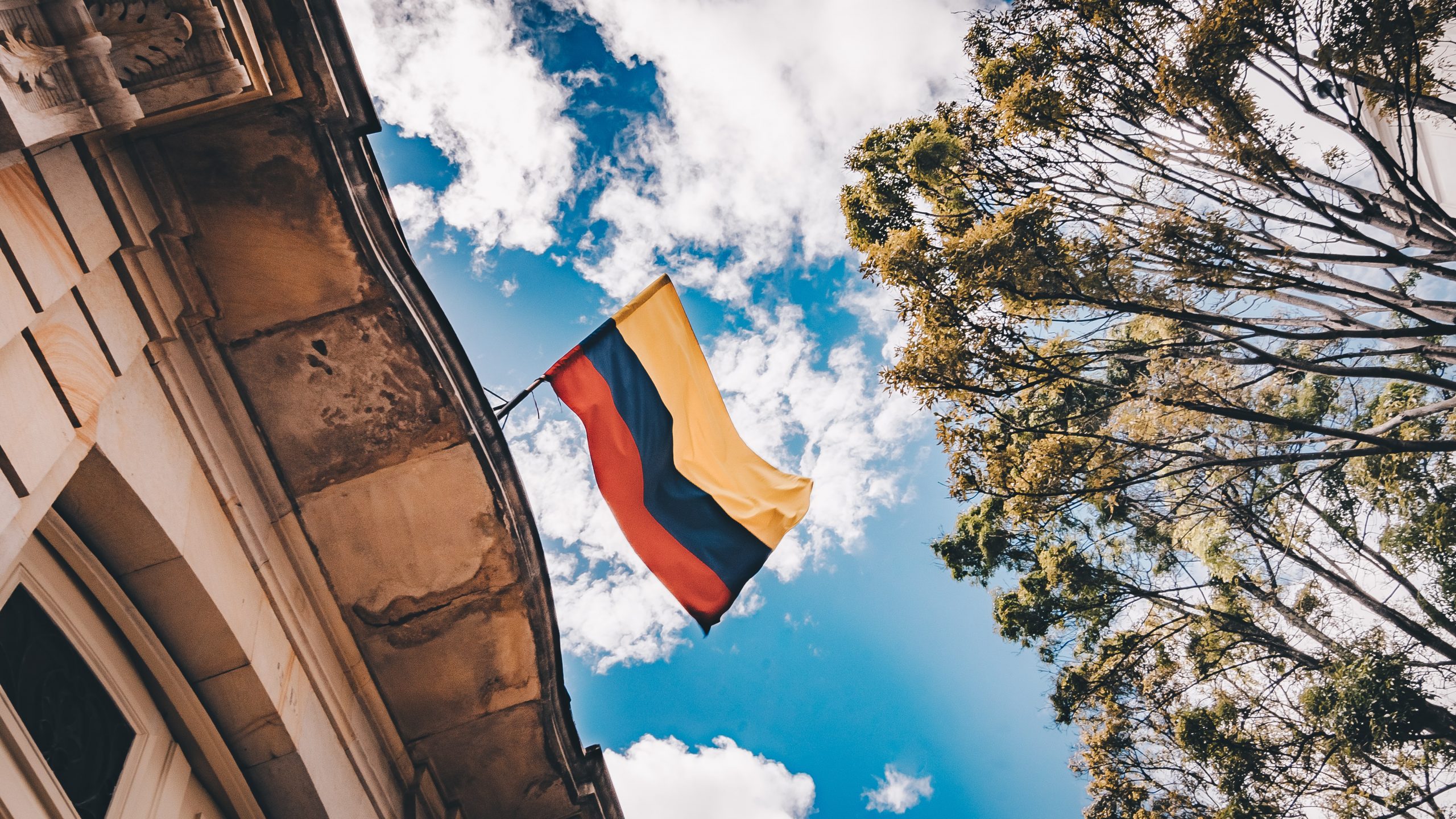The Mozambican Conflict: Cabo Delgado’s Civil War

In May 2018, a group of 10 people, including children, were beheaded in the Montane village of Mozambique. The preparators behind this violence? An Islamist group known as Jamaat Ansar al-Sunna. Their Mozambican insurgency began in October 2017 against the Mozambican government. During the first few months, the conflict was relatively low in its intensity. However, from 2019 onwards, the scope and level of conflict has increased substantially.
The insurgents are concentrated in the Cabo Delgado province in northern Mozambique. Over the last few weeks, they have increased their control over the area, which poses a serious threat to the regional stability of Africa. Mozambique’s northern provinces are not only rich in natural gas but also contain pertinent transport routes, which could potentially alter the power balance in their favour of insurgents. Mozambique’s military and security services have struggled to hold up against the growing strength of the insurgents. This could be seen in the successful attack and occupation of the town Mocímboa da Praia in March 2020. It took the insurgents mere hours after the first strike to gain control of the town before the security forces surrendered and fled. This town was strategically chosen by an Islamist group, as it is an important logistical hub containing a port, an airfield and also a main road leading to the province’s capital, which increases their ability to move arms and exports illegal commodities.
The relationship between the insurgents and civilians is complex and difficult to decipher. In the early stages of the conflict, it appeared as though civilians were largely disproving of their actions. However, as time progressed, and as showcased by more recent events, this appears to have changed. Following the occupation of Mocímboa da Praia, there were no reported civilian casualties. Video footage from the town showed insurgents advising civilians to stay indoors and delivering food to children. The insurgents were also seen to be distributing money taken from banks to locals. There were even accounts of young people cheering on the insurgents as they began their occupation of the town. It remains difficult to say whether public opinion has shifted collectively in favour of the insurgents, or whether these views are only representative of young people. However, this is not to say that the conflict is not impacting civilians. An estimated 500 lives have been claimed in the conflict and around 1,000 people have been displaced. This, paired with allegations of gross human right violations by both the government and Ansar al-Sunna alike, highlight the difficult conditions endured by civilians as a direct result of the conflict escalating.
Following the increase in conflict levels, Mozambican President Filipe Jacinto Nyusi’s has requested aid from its African counterparts. Its neighbour, South Africa, has been notably silent. South Africa has every reason to be concerned over the increased occurrence of violence due to a plethora of social, economic, political and geographical factors. However, president Cyril Ramaphosa has yet to publicly respond to his counterparts Nyusi’s call for external assistance in order to control the insurgency. Despite no confirmation on behalf of Ramaphosa, it appears the South African president is frustrated over private negotiations held between the South African based Duck Advisory Group (DAG) and the Mozambican government, held without consent from South African authorities. Alternatively, Ramaphosa’s reluctance to provide assistance is more likely caused by deep-rooted factors, namely his opposition to Nyusi’s quasi-totalitarian form of governance, which arguably is the root cause of the insurgence. Yet, as mentioned above, it is also in South Africa’s interest to end the insurgency and restore some level of stability in its neighbour country. Ramaphosa is the chair of the African Union (AU) which launched a campaign titled “Silencing the Guns in Africa by 2020”. His AU presidency has been characterised by a commitment to ending violent conflict in Africa. It remains to be seen whether Ramaphosa will extend aid to the Mozambican government. However, due to his strong commitment to non-violence, it is expected he will take the necessary steps to subdue and eventually end the fighting.
As the Mozambican government awaits response, the domestic situation shows no signs of tipping in their favour. Their military services have repeatedly failed to contain and push the insurgents back. The conflict has been ongoing for close to three years. However, still the Mozambican authorities still lack intelligence on their opponent’s tactics and objectives. Therefore, it appears that without external assistance, Cabo Delgado’s Civil War is likely to continue in the near future.



